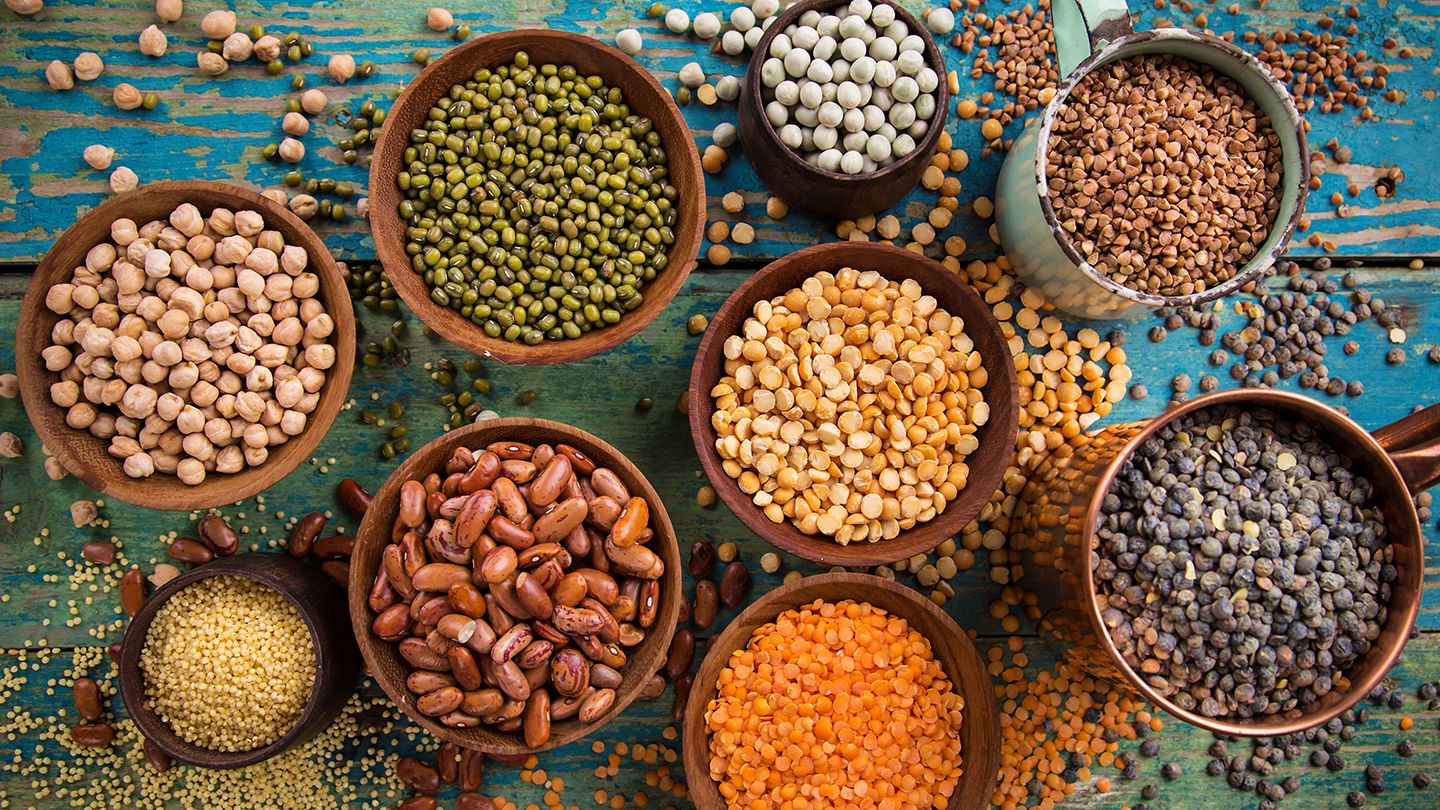The International Crops Research Institute for Semi-Arid Tropics (ICRISAT) has said it has developed over 100 new legume varieties of crops in its countries of operation.
The institute’s director-general, Jacqueline Hughes, disclosed this when she spoke at the 50th anniversary of the centre in Kano.
Malnutrition: Training and empowering vulnerable women to turn waste to wealth
Agric export increased to N201bn in Q1 as cocoa beans tops
Hughes, who spoke virtually, also said that since the institute’s establishment in 1972, they had been working in addressing the agricultural challenges of dry land communities of Asia and sub-Sahara Africa.
“Our major achievement is in the area of developing over 100 legumes of crops that will be compatible with the environmental needs of the communities we operate in. We have been working closely with all the relevant stakeholders in these countries,” he explained.
Speaking earlier, ICRISAT country representative in Nigeria, Dr Hakeem Ajeigbe, said the institute was established primarily to fight hunger, malnutrition, poverty and environmental degradation to people who reside in the dry lands of Asia and sub-Sahara Africa.
He said the institute’s activities started in Nigeria between 1976 and 1985 under the SAFGRAD-USAID project, which resulted in the development and adoption of several sorghum, pearl millet and groundnut varieties.
“As a result of the illustrious history of developing higher yielding and drought- tolerant crop varieties essential to enhancing livelihoods of smallholder farmers in semi-arid regions, and with our deep expertise in dry land farming and our recent scientific advances, the ICRISAT won the Africa Food Prize in 2021,” Dr Ajeigbe added.
He said the major breakthroughs of ICRISAT in Nigeria were the number of improved varieties of sorghum, millet, maize and groundnut.
Dr Ajeigbe also said the institute’s focus would now shift the issues of climate change, irrigation and watershed and drought management.
Highlights of the event include presentation of some Technologies for African Agricultural Transformation (TAAT) processing machines to farmers’ groups.

 Join Daily Trust WhatsApp Community For Quick Access To News and Happenings Around You.
Join Daily Trust WhatsApp Community For Quick Access To News and Happenings Around You.


